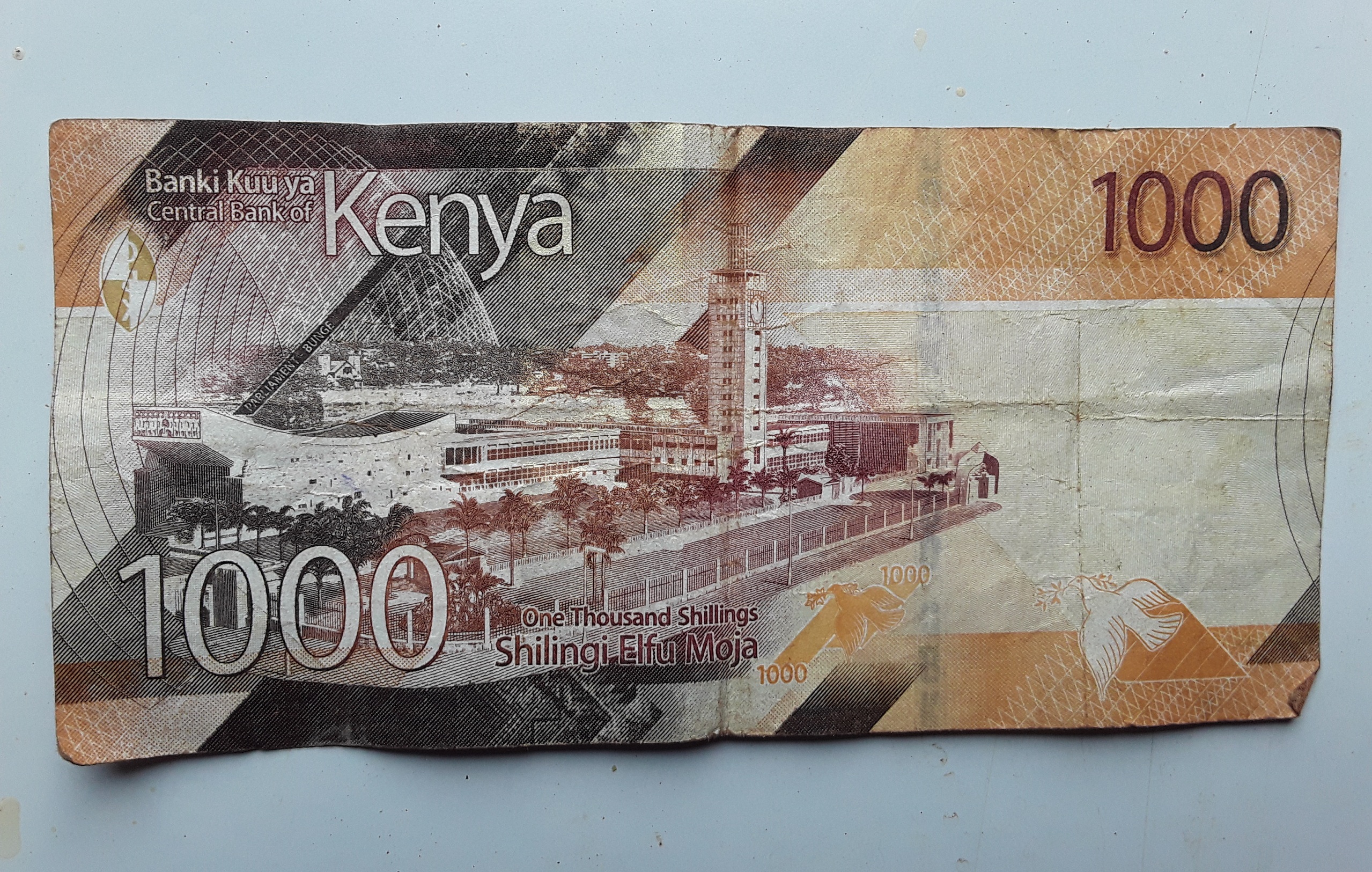
June 20, 2025 – As former U.S. President Donald Trump renews warnings about economic sovereignty, African nations are fast-tracking alternative payment systems to reduce reliance on the U.S. dollar. This strategic shift aims to strengthen regional trade, curb inflation risks, and insulate economies from global financial volatility.
Africa’s Push for De-Dollarization
With rising geopolitical tensions and concerns over U.S. monetary policies, African governments and financial institutions are embracing homegrown and multilateral payment solutions. Key initiatives include:
- Pan-African Payment and Settlement System (PAPSS): A centralized platform facilitating instant cross-border transactions in local currencies.
- BRICS-Linked Alternatives: Strengthening trade ties with BRICS nations using non-dollar settlement mechanisms.
- Digital Currency Pilots: Countries like Nigeria and Ghana are testing central bank digital currencies (CBDCs) for seamless intra-African trade.
Why the Shift Matters
The U.S. dollar has long dominated African trade, but its volatility and external policy influences have spurred a rethink. By reducing dollar dependency, African nations aim to:
✔ Lower transaction costs for businesses
✔ Mitigate exchange rate risks
✔ Enhance monetary policy control
Trump’s Warning and Global Implications
During a recent policy speech, Trump cautioned nations against “over-reliance on the dollar,” framing it as a tool of U.S. economic leverage. His remarks have inadvertently accelerated Africa’s de-dollarization efforts, with analysts noting:
- Trade Realignments: Increased African trade with China, India, and Middle Eastern partners using local currencies.
- Gold-Backed Reserves: Some central banks are diversifying reserves with gold as a hedge against dollar instability.
Expert Perspectives
- Dr. Amani Okoye, Economist at AfriGrowth Institute: “This isn’t just about rejecting the dollar—it’s about building resilient, self-sufficient financial ecosystems.”
- Markus Schmidt, Global Trade Strategist: “If Africa succeeds, it could inspire other emerging markets to follow suit, reshaping global finance.”
Challenges Ahead
While the transition promises long-term benefits, hurdles remain:
- Liquidity Issues: Limited convertibility of some African currencies.
- U.S. Pushback: Potential sanctions or trade restrictions on nations bypassing the dollar.
The Bottom Line
Africa’s bold move toward non-dollar payment systems marks a pivotal moment in global economics. If successful, it could redefine the continent’s financial autonomy and inspire a broader shift away from dollar hegemony.
For ongoing coverage on Africa’s economic strategies and global currency trends, bookmark our updates.






